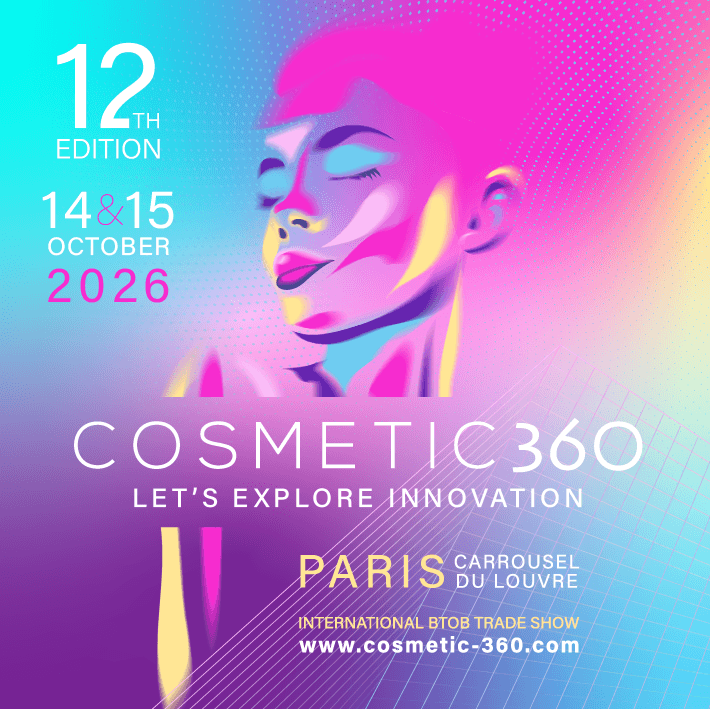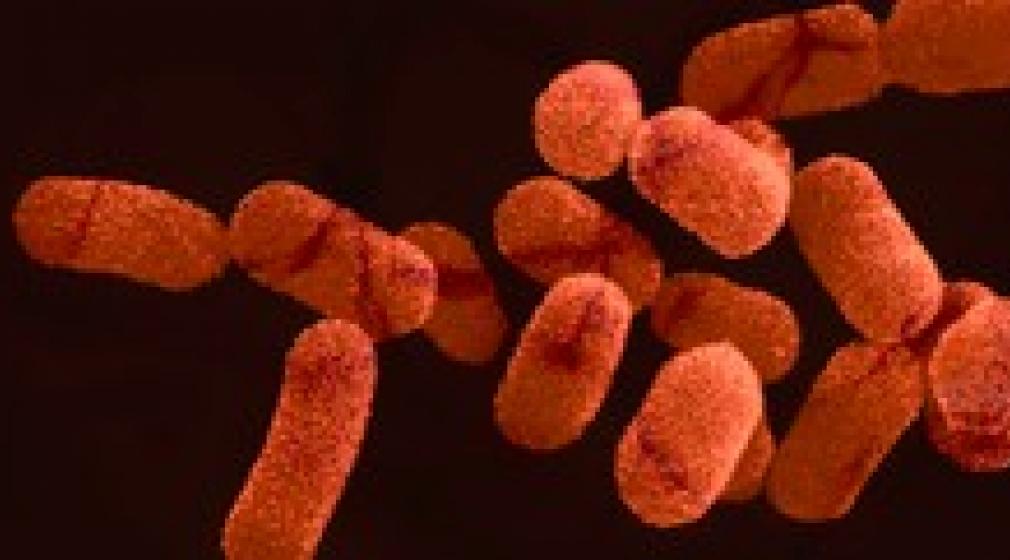


The use of live probiotics instead of cell extracts opens a new avenue for product development. Indeed, these germs are known for their beneficial powers on human health. In cosmetics, they can contribute to improved protection of the skin barrier.
Probiotics are live micro-organisms which present problems of viability throughout the period of use of the products.
To solve these difficulties, food manufacturers have either freeze-dried the strains or prepared products with a short shelf life and kept cold.
Although cosmetic companies have seen the significant interest in these active ingredients, they have only been able to use probiotics until now through their extracts, which are easier to stabilize in the complex mixtures of formulations.
To overcome these drawbacks, the EBInnov team from the School of Industrial Biology in association with the company Kloarys Développement has proposed a reasoned approach which has obtained the Cosmetic Valley label: Ecosmetic project.
It consists of the selection of ingredients allowing the survival of anaerobic germs for several months at room temperature and a minimum of 18 months at +4°C.

 To assess germ survival, the acquisition of a Bactron anaerobic chamber (photo 1) made it possible to select the germ of interest, a strain of Lactobacillus plantarum (photo 2), and to reduce the time and costs associated with counts.
To assess germ survival, the acquisition of a Bactron anaerobic chamber (photo 1) made it possible to select the germ of interest, a strain of Lactobacillus plantarum (photo 2), and to reduce the time and costs associated with counts.
Since the steps for screening compatible ingredients are long given the slight decrease in the viability of probiotics in these innovative formulations, the team has implemented an accelerated stability approach by experimental design.
Through this approach, compatible ingredients (oils, gelling agents, emulsifiers, etc.) have been identified and have enabled the development of a first cosmetic product.
This innovative device contains the strain of L. plantarum in a gelled apolar oily phase.
At the time of application, this oil is mixed extemporaneously using suitable packaging with an emulsion.
The product thus developed allows better sensory acceptance and efficiency, particularly in the protection of the mucous membranes. Thanks to these results, a European patent was filed.
The objective of the EBI EBInnov® research laboratory is to develop innovation by pooling the complementary skills of researchers and by transferring knowledge from one industrial sector to another.
This laboratory is organized around 4 areas of expertise: Molecular biology to screen proteins of interest, Formulation and Sensory to design a product adapted to society, Process engineering to innovate in processes that are more respectful of the environment, and Microbiology to ensure and validate product preservation.
EBInnov® benefits from facilities dedicated to each of its R&D activities organized into technological platforms and laboratories.
This thematic organization by major techniques within scientific centers allows the formation of ad hoc teams for each project deployed.
All means such as the sensory panel or pilot devices can be made available to partners to support product innovation.
Thus, EBInnov's expertise concerning the interaction of micro-organisms/formula/conservation is particularly valuable for research and development work in the cosmetics sector.
Florence Dufour, Christine Mielcarek, Anne-Marie Pensé-Lhéritor
School of Industrial Biology (EBI), Cergy-Pontoise
Patrice Malard
Kloarys development